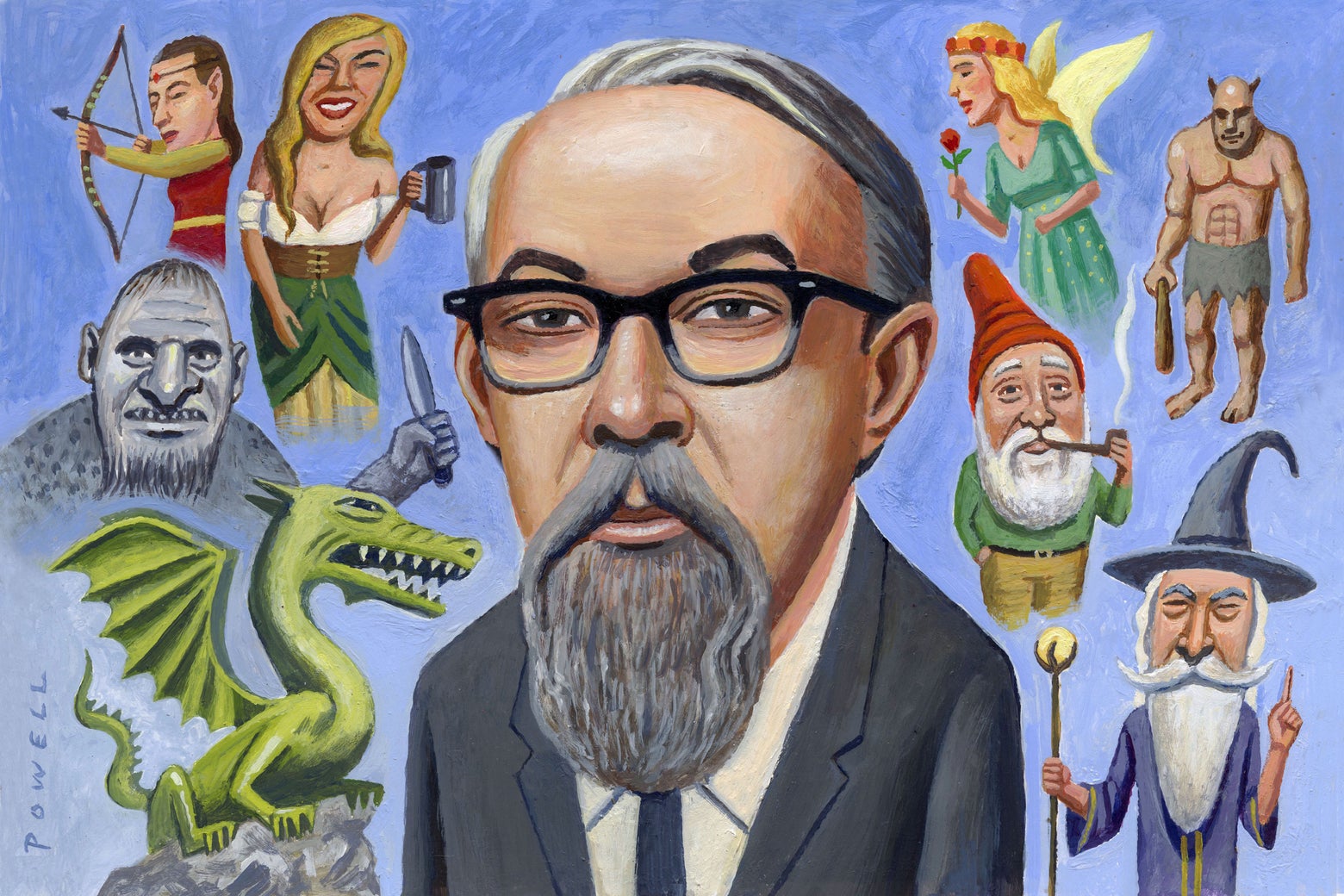Could the end of book stores have to do with this?
Maybe?
I can't speak for anyone else, though, I bought Moorcock's books in the White Wolf edition because I'd heard about them. If I'd just seen them on the shelves in the bookshop in 1994 (and I do remember which bookshop and which part of the bookshop I found them in! Amazingly the bookshop still seems to exist, even), I would have been like "cool covers" and probably not bought them based on the blurbs.
So I think you kind of need that cultural connection.
Fantasy, as a genre, I think is vastly more generally read and popular now, in 2025, than it was in 1995 or 1985, indeed I think the big change started post-2000, with the triple-punch of the LotR movies, Harry Potter fandom (which brought a lot of adults and young adults back into reading fantasy, even as JKR was amazingly still denying it even was fantasy - separate discussion lol), and A Song of Ice and Fire Books starting to go mainstream due to how exciting they were even before the TV show (and obviously the TV show magnified this effect massively).
But the difference is, people who came in with these waves didn't tend to have much knowledge of the history of fantasy, nor necessarily an awareness that there even was one. It didn't help that many newspapers and magazines were contemptuous of fantasy as a genre in the 1990s and before, and only that triple punch really stopped that attitude being viable (but some critics were still trying to pull "all fantasy is just juvenile wank-material for zitty teenage boys" as late as 2011, c.f. the NYT's early reviews of the GoT TV series). So instead of critics talking about older fantasy novels, they acted as if fantasy basically didn't exist until the triple-punch, with the sad exception of the frankly should-be-forgotten (imho!!!) C.S. Lewis books. It was particularly face-palm-y because in many cases fantasy novels had been filling out their best-sellers lists for decades, even getting reviewed sometimes, but had the NYT, say, really noticed? Naaah (this is where someone links that insanely snobby review of The Colour of Magic).
I think the only thing to do is politely tell people about older fantasy novels and the history of fantasy, and be maybe a bit of a bore about it, but not offensive/rude, because one thing people on the internet do love, is to be right, or to know stuff others don't and that they can explain (I am not immune to this!). And just pray you're not in some Reddit thread with a bunch of HP or Sanderson fans who refuse to accept that there was really any fantasy between LotR and GoT.



